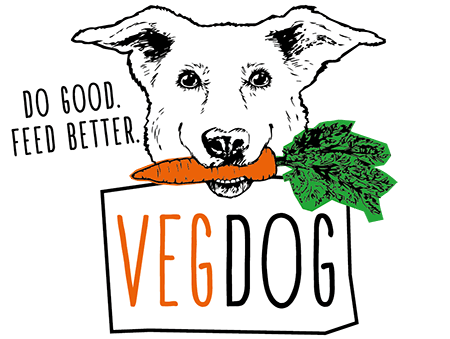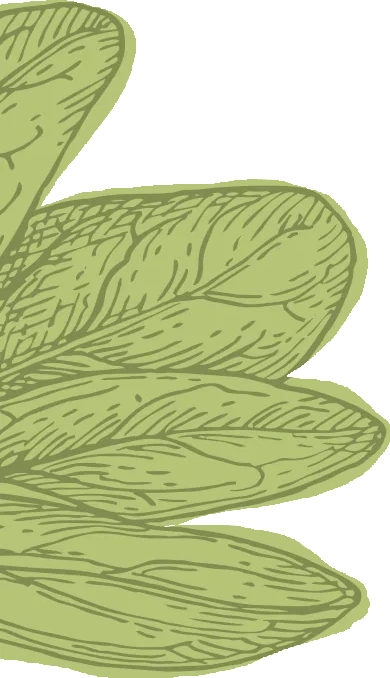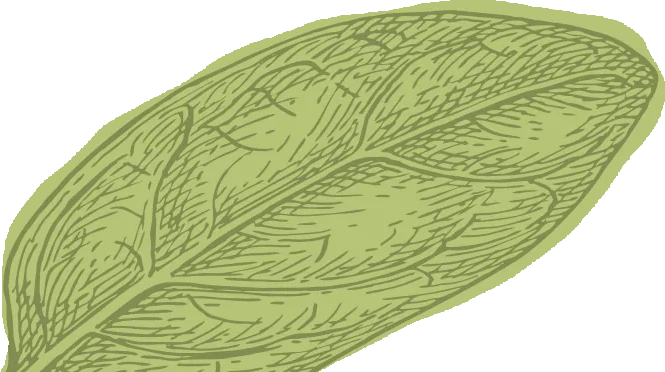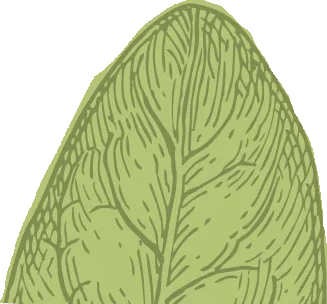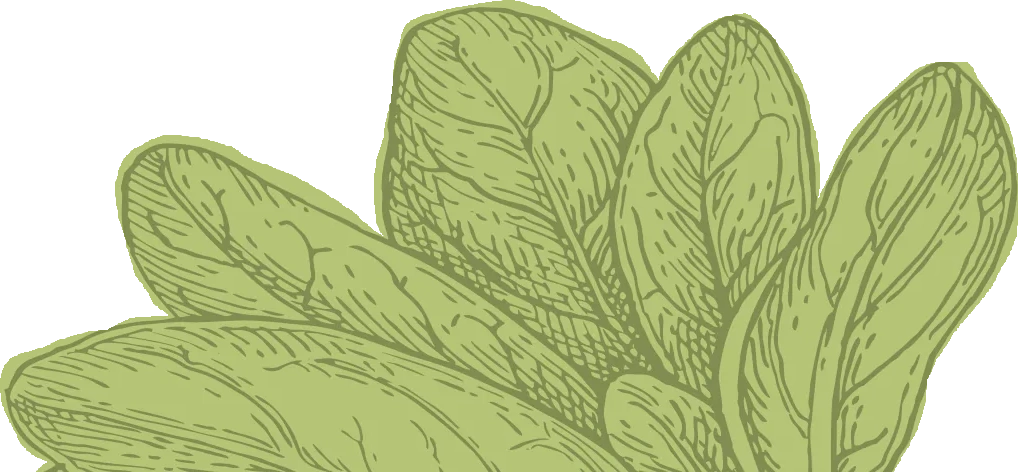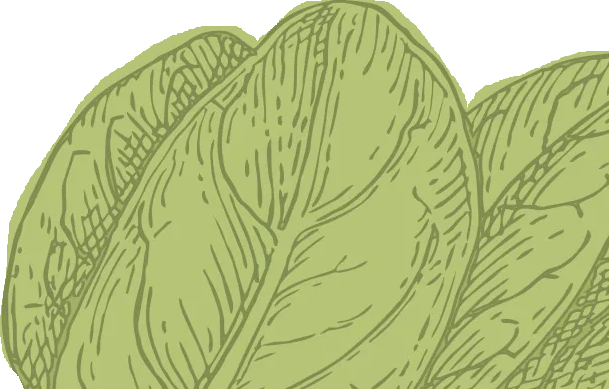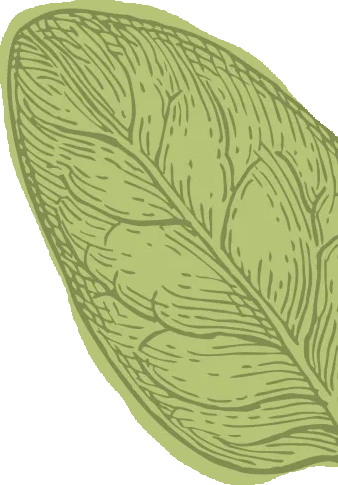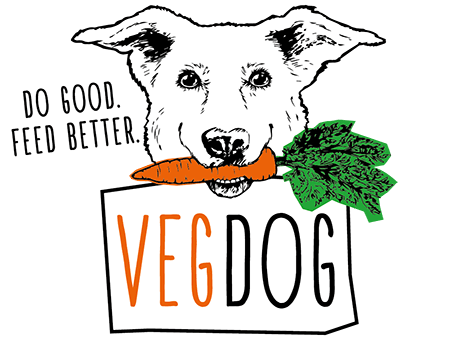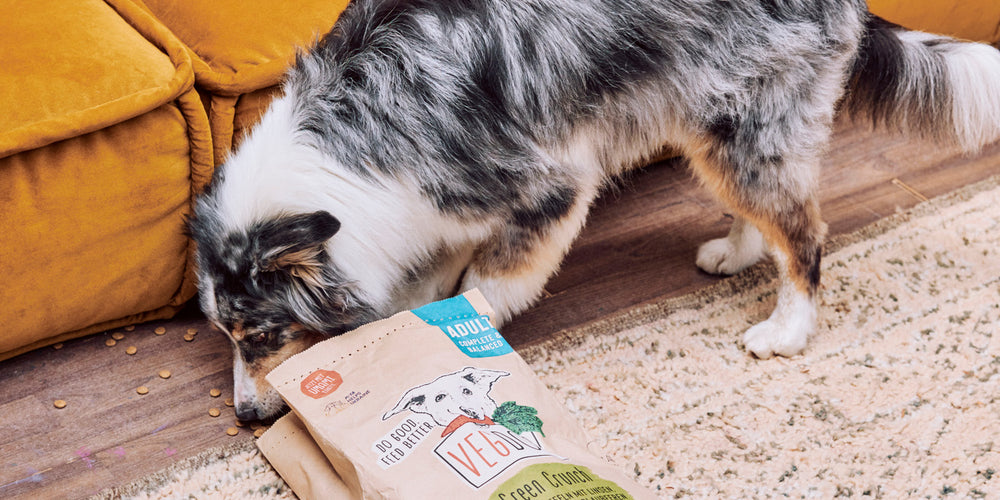
Constipation in dogs: causes, effects and home remedies
 Author: Carla Steffen
Author: Carla Steffen
 Proofreader: Veronika Hajek
Proofreader: Veronika Hajek
Recognition and Causes of Constipation in Dogs
Have you noticed that your furry friend hasn't done a poop for a few days and are you starting to worry? Common causes can be foods like chewing bones. In this article, you'll learn how to recognize constipation in your four-legged friend and when it's advisable to visit a veterinarian.
What causes constipation in dogs?
Feeding bones is one of the most common causes of constipation. This can happen when too many bones are fed, which can result in a whitish, crumbly stool known as bone poop.
Diets that are low in fiber can also lead to hardened stools or constipation, as fiber aids digestion, so a lack of fiber can also be the cause of constipation.
Lack of exercise can also lead to digestive problems, as exercise stimulates intestinal activity. Lack of exercise can therefore lead to constipation and bloating.
Dehydration can also lead to hard stools, as fluids aid digestion. If a dog doesn't drink enough water, the body can draw moisture from the stool, causing it to become hard. It's especially important to make sure your dog drinks enough when feeding dry food.
However, there are other factors that can lead to constipation, such as swallowing foreign bodies, previous illnesses such as tumors, and taking certain medications such as painkillers, iron supplements or diuretics. If you suspect this, you should seek veterinary advice.
symptoms
If your four-legged friend rarely defecates or takes a particularly long time to do so, this could be a sign of constipation. Hard or very dry stools can also indicate constipation. So if your furry friend is hunched over and the stool consists of hard, small pieces, constipation should be considered. Symptoms such as arching the back or groaning when moving can indicate abdominal pain and therefore hard stools. If your furry friend also tends to refuse food or vomit, you should visit a veterinarian, as this could indicate intestinal obstruction.
consequences of constipation
Some dog breeds are more prone to constipation than others. Smaller dog breeds can become constipated with smaller amounts of indigestible substances, while larger dog breeds are often more resilient. The differences are shown below:
…in small dogs
As mentioned above, it is important to remember that smaller dogs show symptoms more quickly than larger dogs with smaller amounts. For example, a small bone can lead to bone poop, while large dogs can eat it as a treat. In addition, smaller dog breeds can be more susceptible to dehydration. This is due to their lower body weight, frequent increased activity and lower tolerance to temperature changes, which can cause small dogs to dehydrate more quickly.
…in senior dogs
Older dogs are often more susceptible to many factors that can cause constipation. For example, older dogs need to take painkillers more often due to arthritis and move less due to their age. In addition, changes in metabolism can occur with age, which means the intestines work less efficiently and makes it more difficult for feces to pass. All of these factors can lead to constipation in older dogs. That is why there is special dog food, such as SENIOR PEAS & MILLET from VEGDOG.
Quick help and effective home remedies: The right treatment
First of all, you should make sure that all possible causes can be ruled out. For example, you can offer your furry friend more water or provide him with a diet richer in fiber. Most dogs also like additional exercise. If metabolic problems arise due to a change in diet, you can switch to a light diet such as special diet food. For example, there is special dog food for older dogs that is designed to counteract problems such as constipation. Moro's soup can also support digestion. If metabolic problems occur, you should also avoid feeding bones.
To relieve mild constipation, you can use home remedies such as chia seeds, linseed, psyllium husks or even oil. Warning: All of these fibers should be fed with lots of water! Oils can have a laxative effect. Chia seeds, linseed and psyllium husks contain the necessary fiber to counteract constipation.
Frequently Asked Questions (FAQ)
Yes, bones can lead to what is known as bone droppings, where the bones cannot be fully digested. This droppings are white and very hard. Since bones, such as chicken bones, can splinter, it is advisable to visit a veterinary clinic in such cases.
No, rice is not usually a cause of constipation. On the contrary: rice is very easy to digest and can therefore even help to soothe the gastrointestinal tract. However, this does not apply to uncooked or undercooked rice.
Constipation should usually resolve on its own within a maximum of two days. If constipation persists for longer, it is advisable to visit a veterinarian. If feces remain in the intestines for too long, toxic substances can build up. In the worst case, intestinal obstruction can even occur, which in severe cases blocks the intestines completely.
